BBC News NI
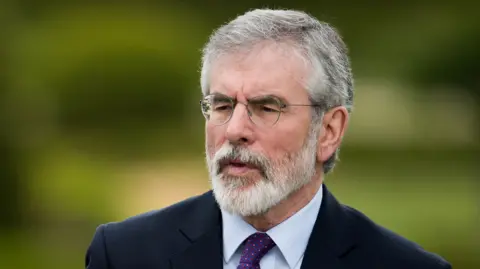 Getty Images
Getty ImagesGerry Adams’ reputation as a peacemaker suffered “an unjustified attack” by the BBC, which wrongly alleged he sanctioned the murder of informer Denis Donaldson in 2006, the High Court in Dublin has been told.
The claim was made by a lawyer for Mr Adams who is suing the broadcaster for defamation.
He said the BBC had committed a “journalistic no-no” by relying on unverified claims made by an anonymous single source.
The former Sinn Féin president believes he was defamed in a 2016 programme and online article which, he claims, wrongly alleged he sanctioned the murder of an informer, Denis Donaldson.
‘No verifiable evidence’
Mr Donaldson, who had worked for Sinn Féin, was shot dead in Donegal in 2006, months after admitting his role as a police and MI5 agent for 20 years.
Mr Adams, 76, denies any involvement.
In 2009, the Real IRA admitted killing Mr Donaldson.
Mr Adams’ lawyer claimed the BBC did not meet the thresholds of responsible journalism – it presented “no verifiable evidence” to support the allegation.
He said: “Many people say many things about Gerry Adams and he may have sued before, but over time he has let matters go, usually on legal advice.
“But he wasn’t willing to let this matter pass.”
“It wasn’t responsible journalism, it was reckless journalism,” the lawyer added.
‘Matter of public interest’
In his opening remarks to the jury, Mr Justice Alexander Owens outlined several matters of law which he said could be relevant for the jury.
He said “one of the issues, maybe the big issue” was whether the allegedly defamatory words were a “fair and reasonable publication on a matter of public interest”.
He said it was up to the BBC to prove this if it were to be used as a defence.
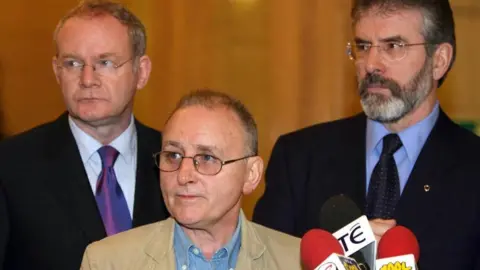 PA Media
PA MediaMr Adams also alleges he was defamed in a BBC online article based on the broadcast, a BBC NI Spotlight TV documentary, which contained claims made by an anonymous source.
He is seeking damages, alleging his reputation was damaged.
The case is expected to last a number of weeks.
During pre-trial hearings, the BBC argued the broadcast and publication were put out in good faith and concerned a matter of public interest.
It stated the reports constituted responsible journalism as a result of careful investigation.
Speaking outside court on Tuesday morning, Mr Adams said he had sought a retraction of the claims in the online article but the BBC had refused.
“Not only did they not correct it but, to this day, it is still on their website so here we are nine years later,” he said.
“I’m looking to see the record corrected.”
He added that if he was offered compensation he would donate it to “good causes”.
After his lawyer’s opening statement, Mr Adams went into the witness box for about 40 minutes.
He answered questions from his barrister about his family background and political matters in Northern Ireland in the 1950s and 1960s.
Mr Adams will resume giving evidence on Wednesday.
Who is Gerry Adams?
Mr Adams was the former president of republican party Sinn Féin from 1983 until 2018.
He served as MP in his native west Belfast from 1997 until 2011 before sitting as a TD (Teachta Dála) in the Dáil (Irish parliament) between 2011 and 2020.
Mr Adams led the Sinn Féin delegation during peace talks that eventually brought an end to the Troubles after the signing of the Good Friday Agreement in 1998.
He was detained in the early 1970s when the government in Northern Ireland introduced internment without trial for those suspected of paramilitary involvement.
Mr Adams has consistently denied being a member of the IRA.
Who was Denis Donaldson?
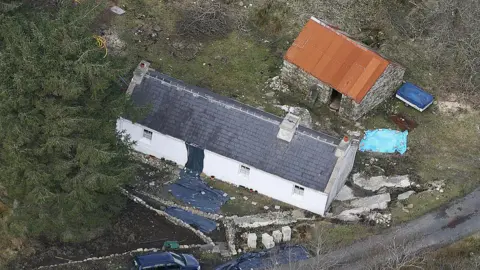 Getty Images
Getty ImagesMr Donaldson was once a key figure in Sinn Féin’s rise as a political force in Northern Ireland but he was found brutally murdered in 2006 after it emerged he had been a spy.
He was interned without trial for periods in the 1970s.
After the signing of the Good Friday Agreement, Sinn Féin appointed Mr Donaldson as their key administrator in the party’s Stormont offices.
In 2005 Mr Donaldson confessed that he was a spy for British intelligence for two decades, before disappearing from Belfast.
He was found dead in a small, run down cottage in Glenties, County Donegal.

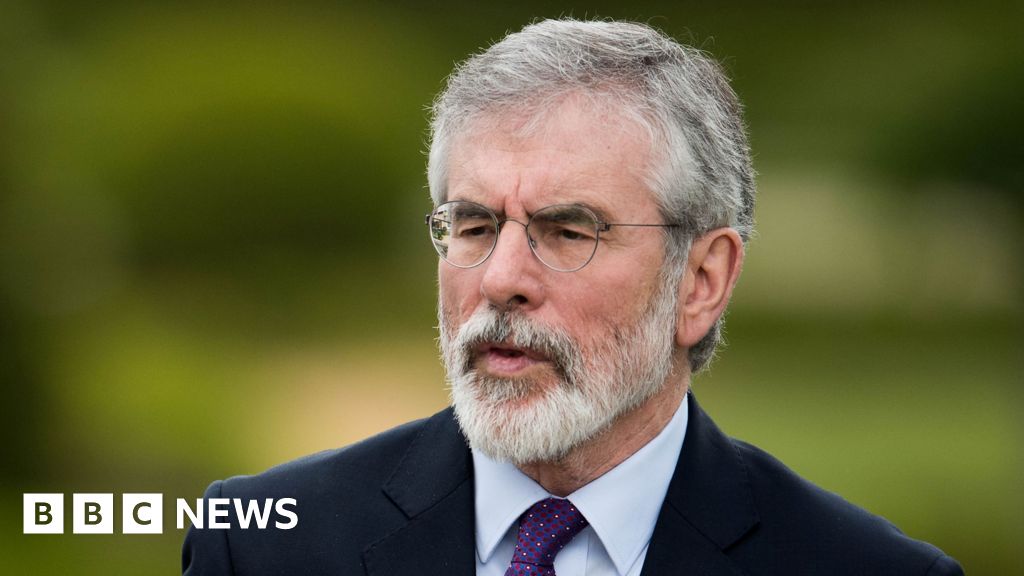


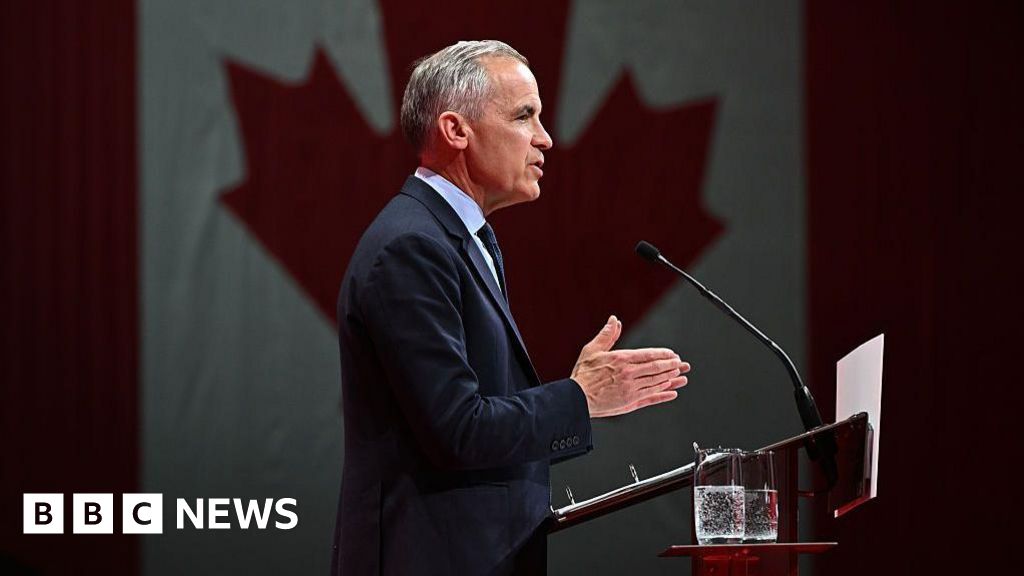
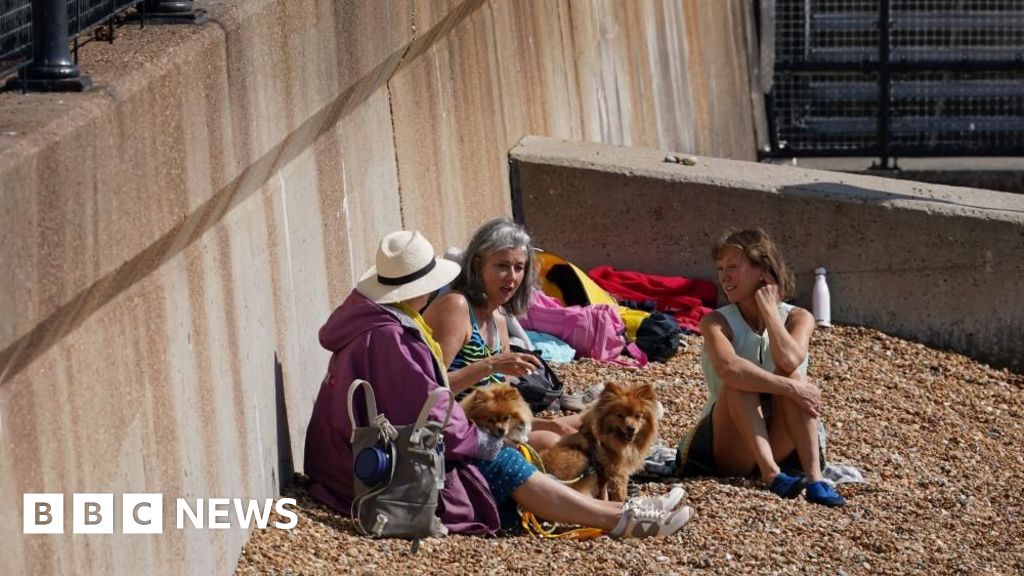

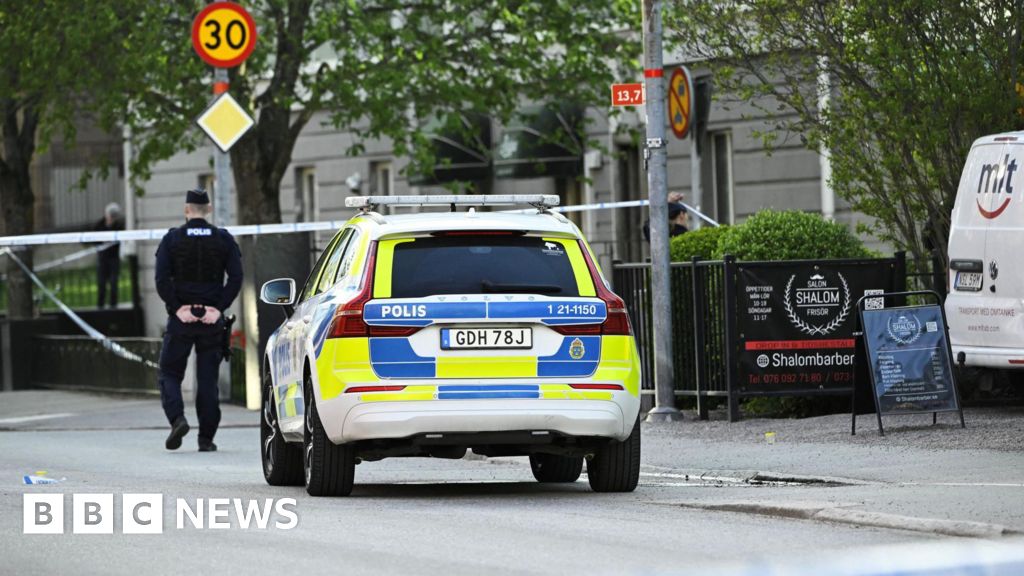
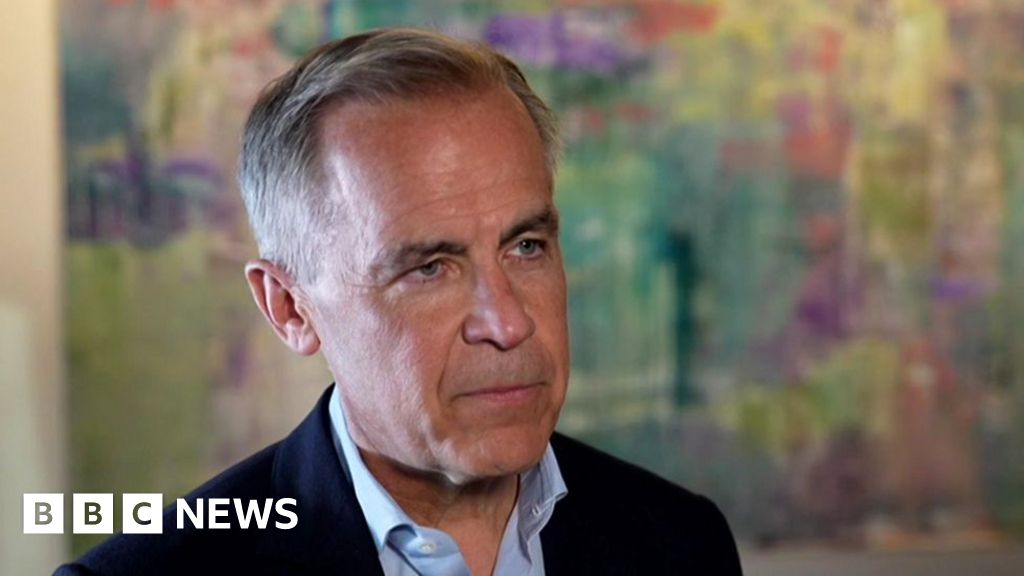
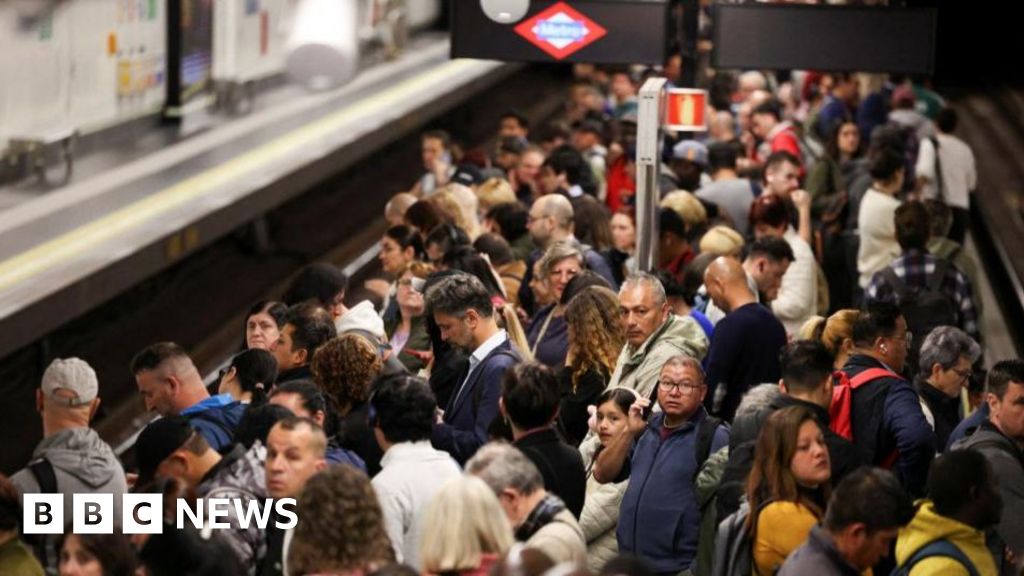
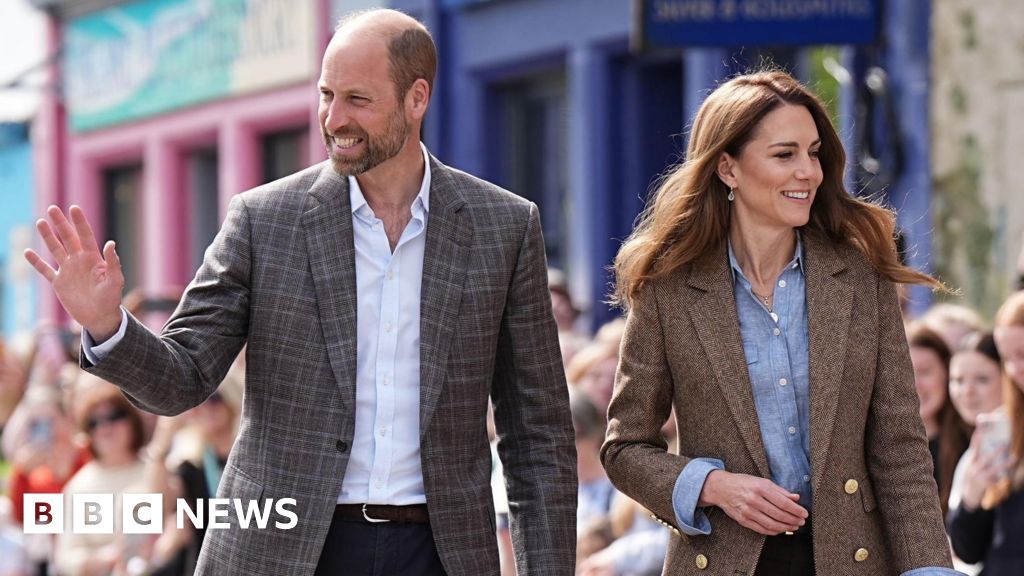






Leave a Reply